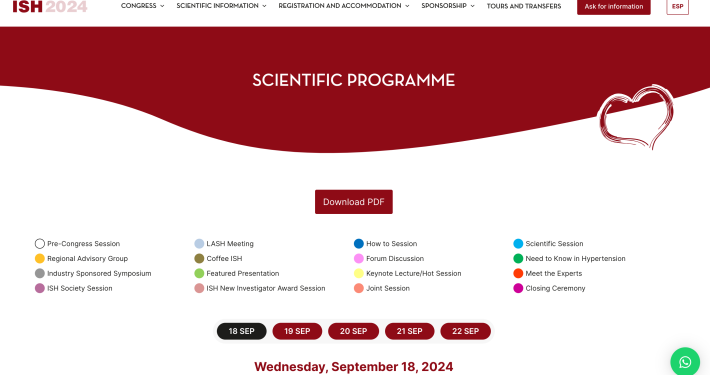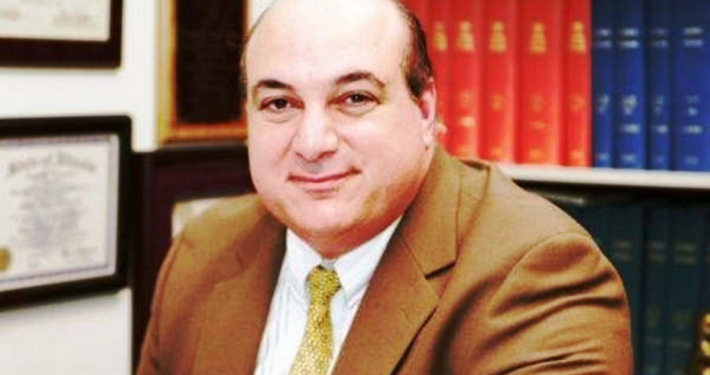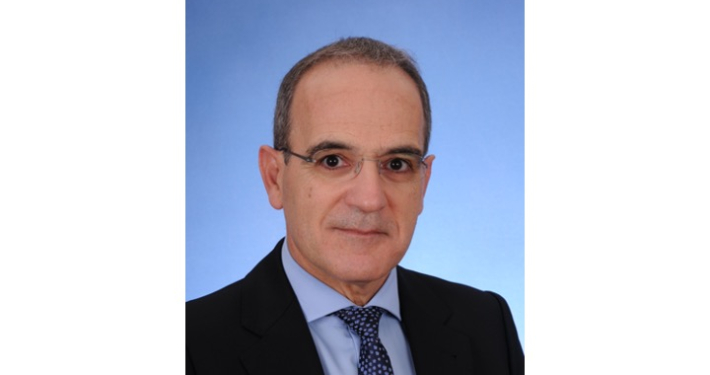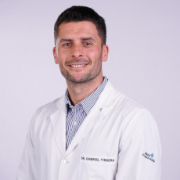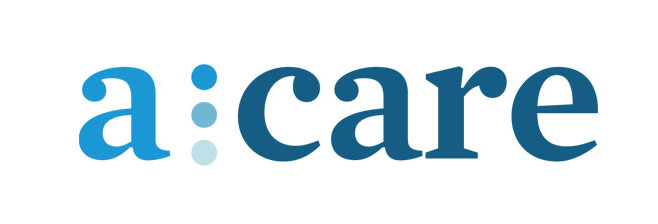Tell us about yourself.
I am a family medicine specialist who sees patients, conducts research and teaches medical students as an Assistant Professor at the Chinese University of Hong Kong. I have a Master Degree in Mental Health (CUHK) and Evidence-Based Healthcare (Oxford) and am currently a candidate of the research Doctor of Medicine (MD) Degree at the Chinese University of Hong Kong. Over the past 5 years, I have educated the general public in Hong Kong on hypertension in social media (e.g. TV/newspaper interviews) and have given education seminars during the May Measurement Month.
What are your research interests?
I have investigated and compared different BP measurement methods with an aim to find out the most valid and reliable BP measurement methods. I am interested in using home BP monitoring to detect asleep BP to tailor management plans for patients with abnormal nocturnal BP. With the recently launched cuffless BP measurement devices that can capture 24-hour BP, I foresee that BP monitoring at home will be much more acceptable to patients and will be more widely implemented after formal validation.
What are you working on right now?
As the principal investigator, I am conducting two government-funded randomized controlled trials (RCTs): The first one is to investigate whether a 12-week exercise program can normalize non-dipping BP in 198 Chinese hypertensive patients. The second one is a pilot RCT (n=78) to determine whether asleep home BP (target SBP <120mmHg) is a better treatment target than awake home BP (target SBP <135mmHg) to normalize 24-hour BP and BP pattern. I am also conducting several meta-analyses to find out the effective treatment options for nocturnal hypertension.
What do you hope to achieve in the field of hypertension over the next 5 years?
I hope to study treatment options for nocturnal hypertension that can be implemented through the conduct of RCTs and meta-analyses. I hope these results will contribute to hypertension guideline recommendations such as that from the International Society of Hypertension (ISH). Currently, most hypertension guidelines do not discuss treatment options for managing nocturnal hypertension in detail.
If I am given a chance, I hope to validate wearable cuffless BP devices for patients in primary care. This will greatly facilitate the assessment and treatment for nocturnal hypertension and other BP patterns (e.g. high BP variability and non-dipping)
What challenges have you faced in your career to date?
Firstly, funding applications in Hong Kong is highly competitive. I am looking forward to funding opportunities to support my research in hypertension. Furthermore, ABPM is not commonly used in Hong Kong. Therefore, patients do not understand the use of ABPM and recruitment of Chinese patients for ABPM in RCTs has been often difficult. However, I am grateful that I have continuous support and supervision to face these difficulties from my ISH mentor (Dr Anastasia Mihailidou), my academic supervisor from the CUHK (Prof Samuel Wong) and from other international collaborators.
Which of your publications are you proudest of and why (please include paper reference)
I conducted a meta-analysis and showed that 8-weeks mindfulness-based stress reduction (MBSR) can reduce blood pressure. However, I also showed that there is a lack of RCTs to investigate the reduction of asleep BP by MBSR. Therefore, I am applying funding to conduct a relevant RCT in Chinese population.
Lee EKP, Yeung NC, Xu Z, Zhang D, Yu CP, Wong SYS. Effect and acceptability of mindfulness-based stress reduction program on patients with elevated blood pressure or hypertension: a meta-analysis of randomized controlled trials. Hypertension. 2020 Dec;76(6):1992-2001.
What is your favourite manuscript from a lab other than your own?
I recently came across an impressive study by Yang et al. which showed definitively that nocturnal BP and non-dipping BP predicted cardiovascular events and death. Furthermore, nocturnal BP from ABPM is more predictive than office BP. The study included more than 11,000 participants and followed up participants for more than 13 years and was published in JAMA. I hope more researchers and patients will be aware of the importance of nocturnal hypertension and abnormal asleep BP patterns on their impact on their overall health.
Yang WY, Melgarejo JD, Thijs L, Zhang ZY, Boggia J, Wei FF, Hansen TW, Asayama K, Ohkubo T, Jeppesen J, Dolan E. Association of office and ambulatory blood pressure with mortality and cardiovascular outcomes. Jama. 2019 Aug 6;322(5):409-20.
What are your passions outside of work?
I am a trained Mindfulness-based Cognitive Therapy (MBCT) instructor and a physical exercise trainer. I am also currently learning calisthenics skills. Besides regularly practicing mindfulness and exercise myself, I teach medical students, patients and the general public mindfulness skills and exercise techniques. I wish to combine these passions with my work – that is why I am investigating the effect of mindfulness-based exercises and various types of physical activity exercises on nocturnal and 24-hour blood pressure. These passions have also helped me to be a good doctor and researcher.
Are you attending the ISH 2022 meeting in Kyoto?
Because Hong Kong still has strict quarantine measures, I will not be able to attend the ISH2022. I do miss discussing the latest research and catching up with researchers and friends all over the world. I have learnt so much from attending the past ISH meetings!

